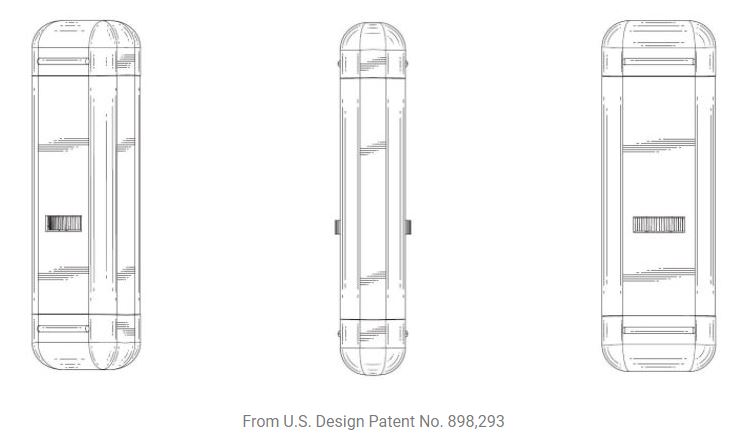Patent Attorney
Obtaining a patent on your invention allows you to exclude others from making, using, or selling the patented invention. This protection typically lasts for a period of 20 years for utility patents.
Patentability:
For an invention to be patentable, it must meet certain statutory requirements.
First, it must be a process, machine, manufactured article, or composition of matter. These broad categories cover mostly anything you could invent and the processes for making such inventions.
Second, the invention must be new or novel. This means it must substantially differ from all prior inventions (“prior art”) that are accessible to the public. In the U.S., the patent application must also be filed within one year of the invention being made public.
Third, it must be useful. This criteria is typically easily met.
Finally, the invention must be non-obvious to a person having ordinary skill in the discipline related to the invention.
Patent Search:
Although a patent search is not required before filing your application, it is recommended. A patent search will help you discover the prior art. This is important to avoid patent infringement and/or filing an application for an invention that already exists or would be deemed obvious. Additionally, the search will help you draft your claims around the prior art.
ASK IP LAW helps its clients determine whether they have a patentable invention. A list of flat fee services is provided below for the various patent applications.

Flat Free Services:
Design Patent Application: $2,000
Design patents protect a new, original, and ornamental design for an article of manufacture. As the name suggests, a design patent protects the design of the invention. It does not protect the utility of the invention. Click here to learn more about the benefits of design patents.
This fee includes the following:
- Consultation regarding your invention
- Professional drawings
- Preparing and filing the application with all related documents required by the USPTO
This fee does not include preparing a response to an Office Action, should one be issued, or fees charged by the USPTO.
Provisional Patent Application: Flat rates vary.
A provisional patent application can be filed as a preliminary step to a utility application. A provisional application allows you to establish an earlier filing date and use the term “patent pending” in connection with your invention. An early filing date is important because the United States is a “first-to-file” country, meaning priority goes to the applicant who is the first to file the application.
A provisional application is less costly than a non-provisional utility application because it does not include any claims, an oath or declaration, or a prior art disclosure. However, a provisional application will not mature into a patent. You will still need to file a non-provisional utility patent application within one year of your filing date. This option may be desirable to certain inventors who need the extra year to perfect the invention, determine the commercial value of the product, and/or raise funds before filing a non-provisional utility patent.
Please contact ASK IP LAW if you are interested in filing a provisional patent application. Flat rates are available, but will depend on the complexity of the invention. Flat rates typically range between $4,750 to $6,000, not including fees charged by the USPTO.
Utility Patent Application: Flat rates vary.
Utility patents provide the broadest protection. A utility patent consists of different sections, including an abstract, background, summary, brief description of the drawings, detailed description, claims, and drawings. The claims are the heart of the application that define the scope of the patent protection.
Please contact ASK IP LAW if you are interested in filing a utility patent application. Flat rates are available, but they may vary greatly depending on the complexity of your invention. Flat rates typically range between $8,000 to $10,000, not including fees charged by the USPTO.
ASK IP LAW’s website, including all blogs or articles, constitutes attorney advertising, and is educational and journalistic expression not intended as legal advice. If you need advice regarding your legal matters, please contact ASK IP LAW.
